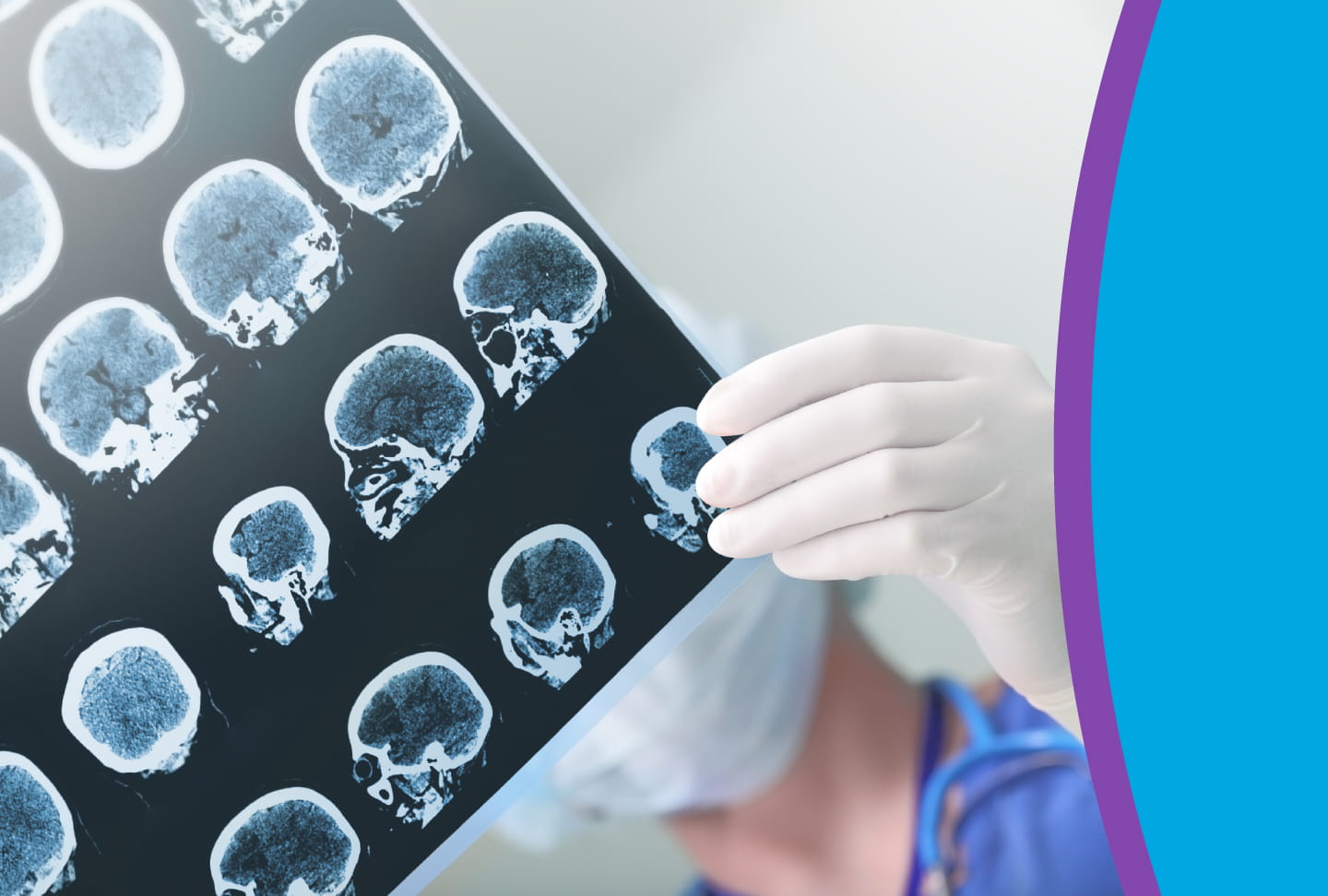When it comes to strokes, seconds can mean the difference between life, death and lasting damage. That’s why Wellstar Health System is dedicated to developing faster, more effective stroke treatments not just for Georgians, but people across the nation.
Wellstar Director of Stroke & Neurocritical Care Dr. Rishi Gupta helped test a groundbreaking device to treat complex ischemic strokes, working alongside UCLA’s Dr. Jeffrey Saver and device manufacturer Rapid Medical.
During a two-year period, patients in 16 medical centers across the country were enrolled in a clinical trial to develop the state-of-the-art stroke treatment, with Wellstar registering the highest number of participants.
Dr. Gupta’s efforts will have a profound impact on stroke treatment moving forward, as Wellstar continues to lead the pack when it comes to neuro care.
“Wellstar is on the cutting-edge of many new stroke technologies and therapies, through our participation in groundbreaking clinical trials,” Dr. Gupta explained. “Our research not only brings patients in Georgia the most advanced stroke treatments close to home, but can help save more lives across the country.”
Now, neurointerventionalists nationwide will have access to the new, FDA-approved technology called TIGERTRIEVER™ to help stop strokes faster and improve patient outcomes.
Wellstar Leads New, Life-Saving Treatment for Ischemic Strokes
Published on May 12, 2021
Last updated 10:10 AM March 04, 2024

Our research not only brings patients in Georgia the most advanced stroke treatments close to home, but can help save more lives across the country.
- Dr. Rishi Gupta
Wellstar Director of Stroke and Neurocritical Care
Innovative technology for ischemic strokes
Accounting for approximately 87% of stroke cases, ischemic strokes are caused when a vessel supplying blood to the brain is blocked or becomes narrowed. To save the patients’ life and the ability for their brain to work its best, neuro experts must move quickly to remove the blood clot.In the past, available treatments have relied on a non-adjustable device to remove the blockage. However, “one-size-fits-all” devices may be limited in some cases, as every person’s blood vessels are a unique size and shape.
The TIGERTRIEVER™ works differently than other stroke technologies. Because it is adjustable, the device can adapt to the patient’s vessel, allowing neuro specialists to remove the blood clot and restore blood flow with much greater control and precision.
That means stopping strokes faster, so patients can have the best outcome possible.
Comprehensive care for complex strokes
The TIGERTRIEVER™ is used by neurosurgeons at Wellstar Kennestone Regional Medical Center—one of only four Comprehensive Stroke Centers in Georgia—and Wellstar North Fulton Hospital, which both offer the highest level of stroke care.For patients experiencing complicated ischemic strokes, the device offers renewed hope for recovery. With this new treatment method and other advanced stroke care capabilities available through Wellstar’s expansive neuro care network, patients may be able to get back to their everyday lives faster after a stroke.
While this state-of-the-art technology can treat strokes more effectively, saving a life starts with you. Call 911 right away if you or a loved one experience the warning signs of a stroke—including balance issues, changes in eyesight, facial drooping, arm weakness and slurred speech.
Learn more about spotting a stroke and stroke and aneurysm care at Wellstar.




